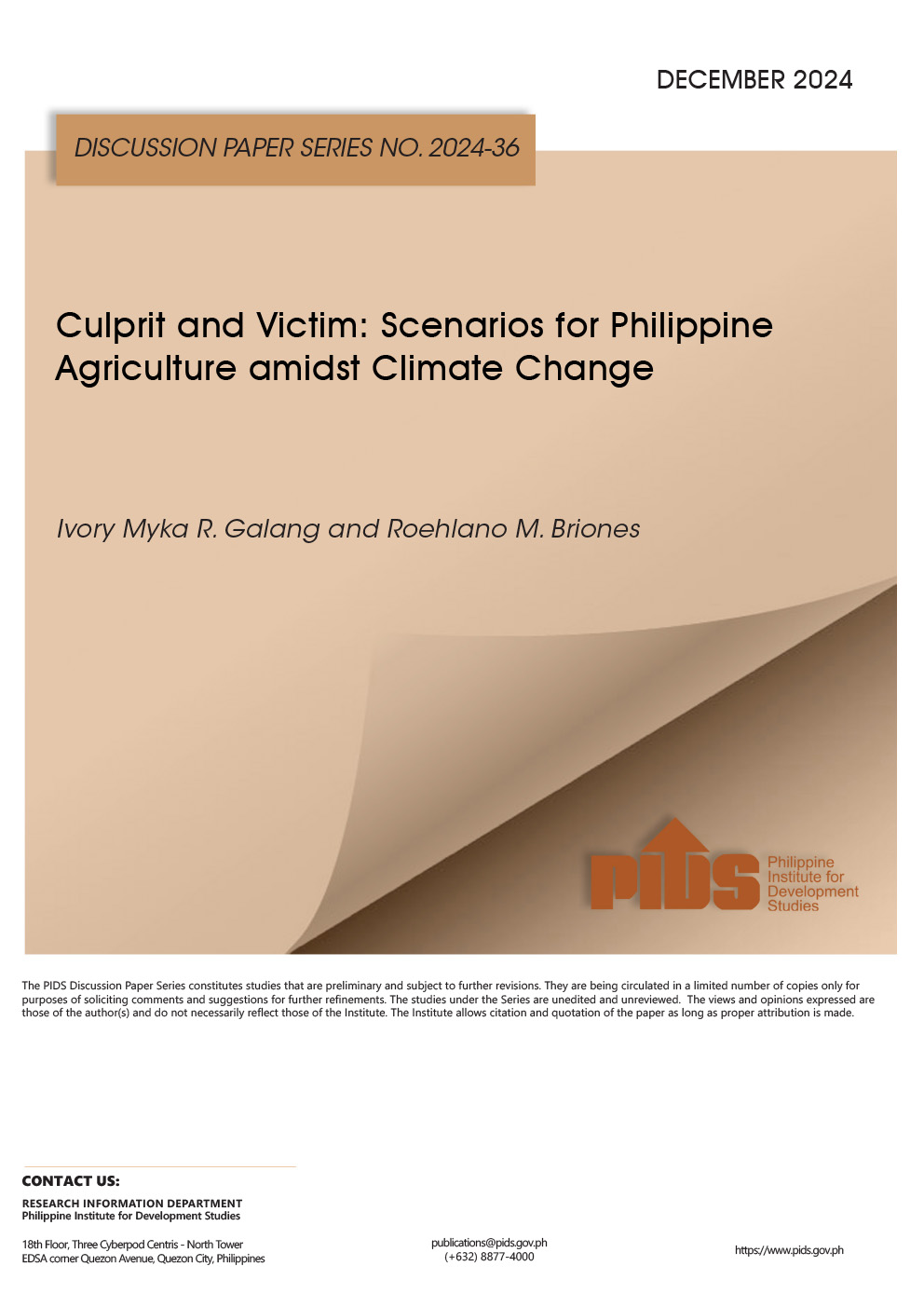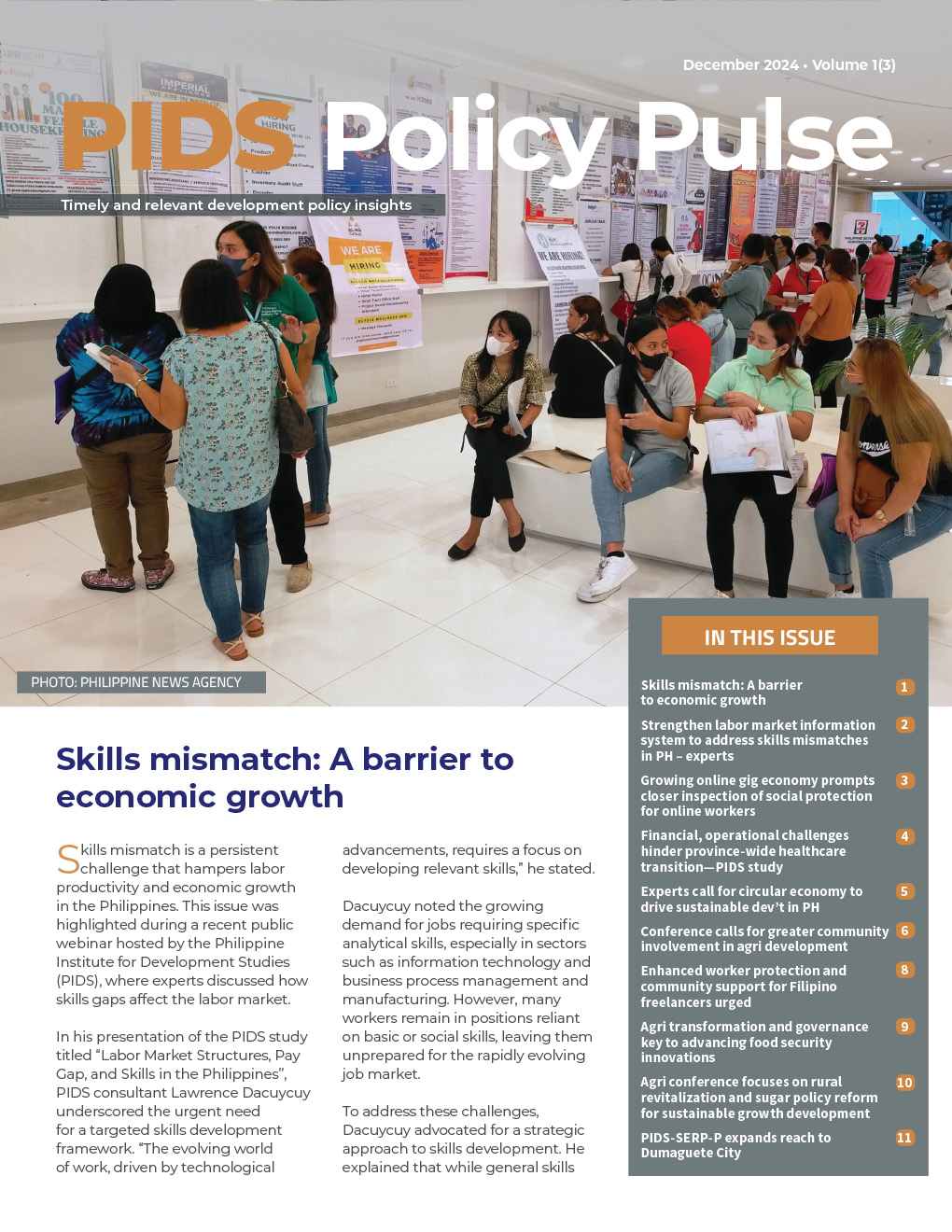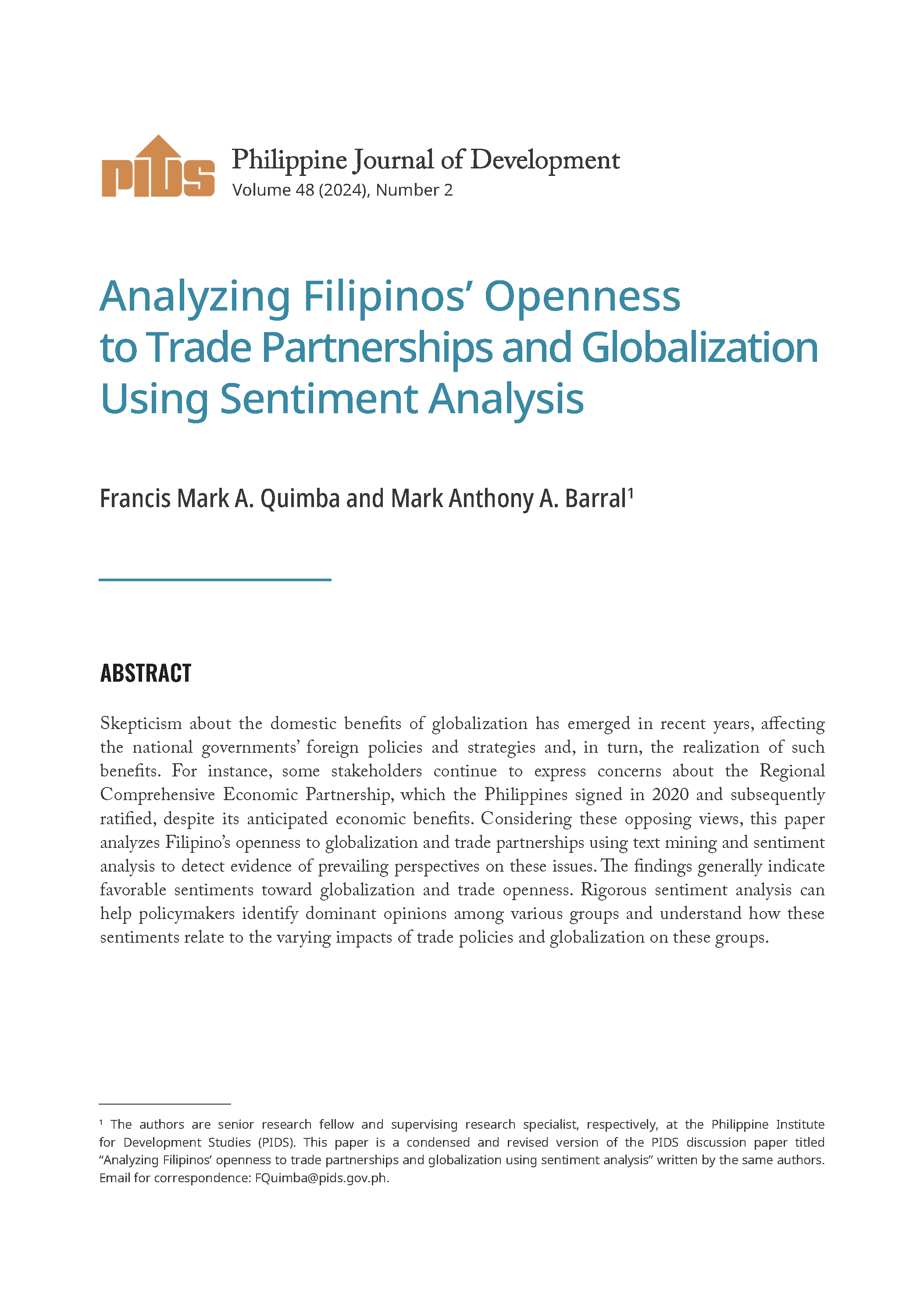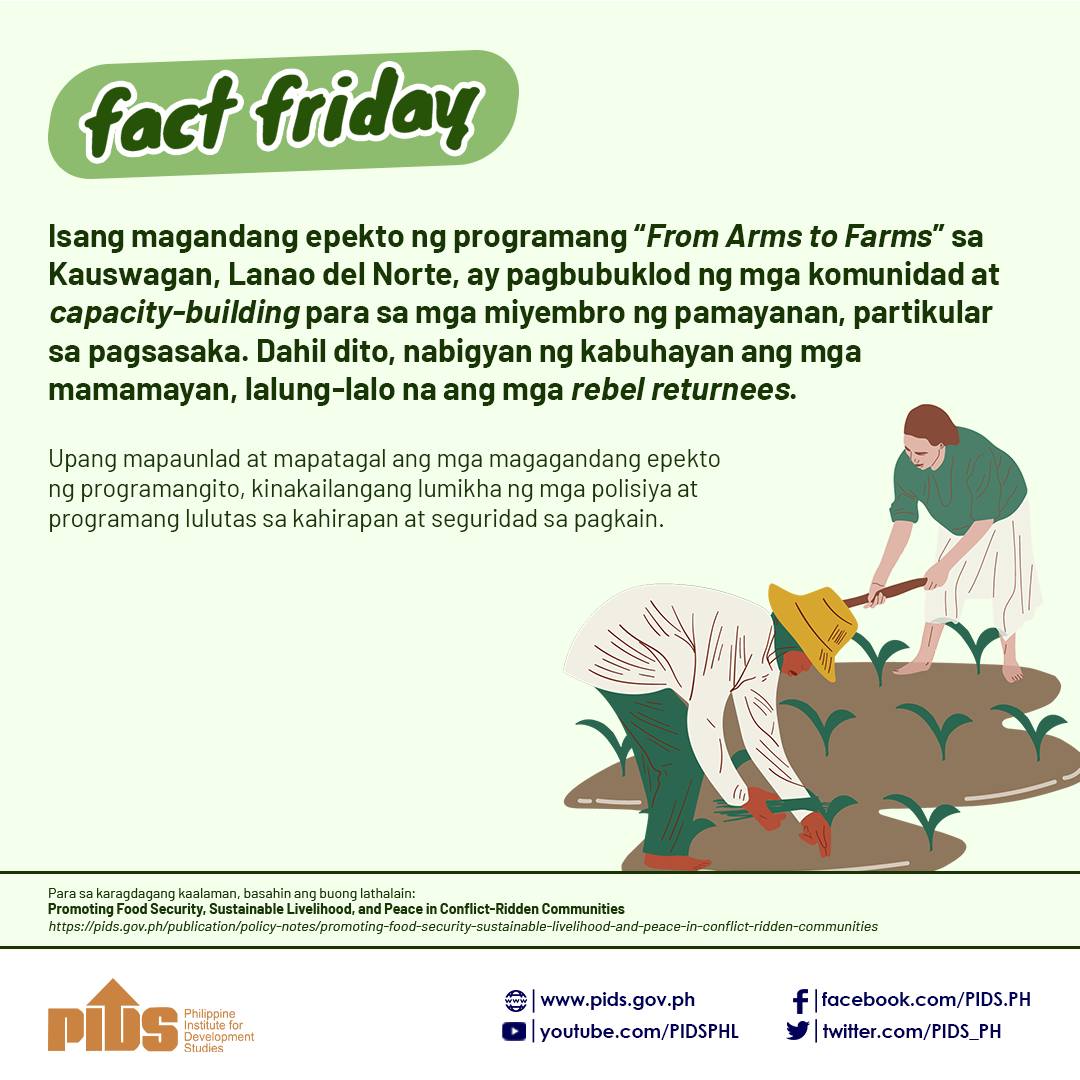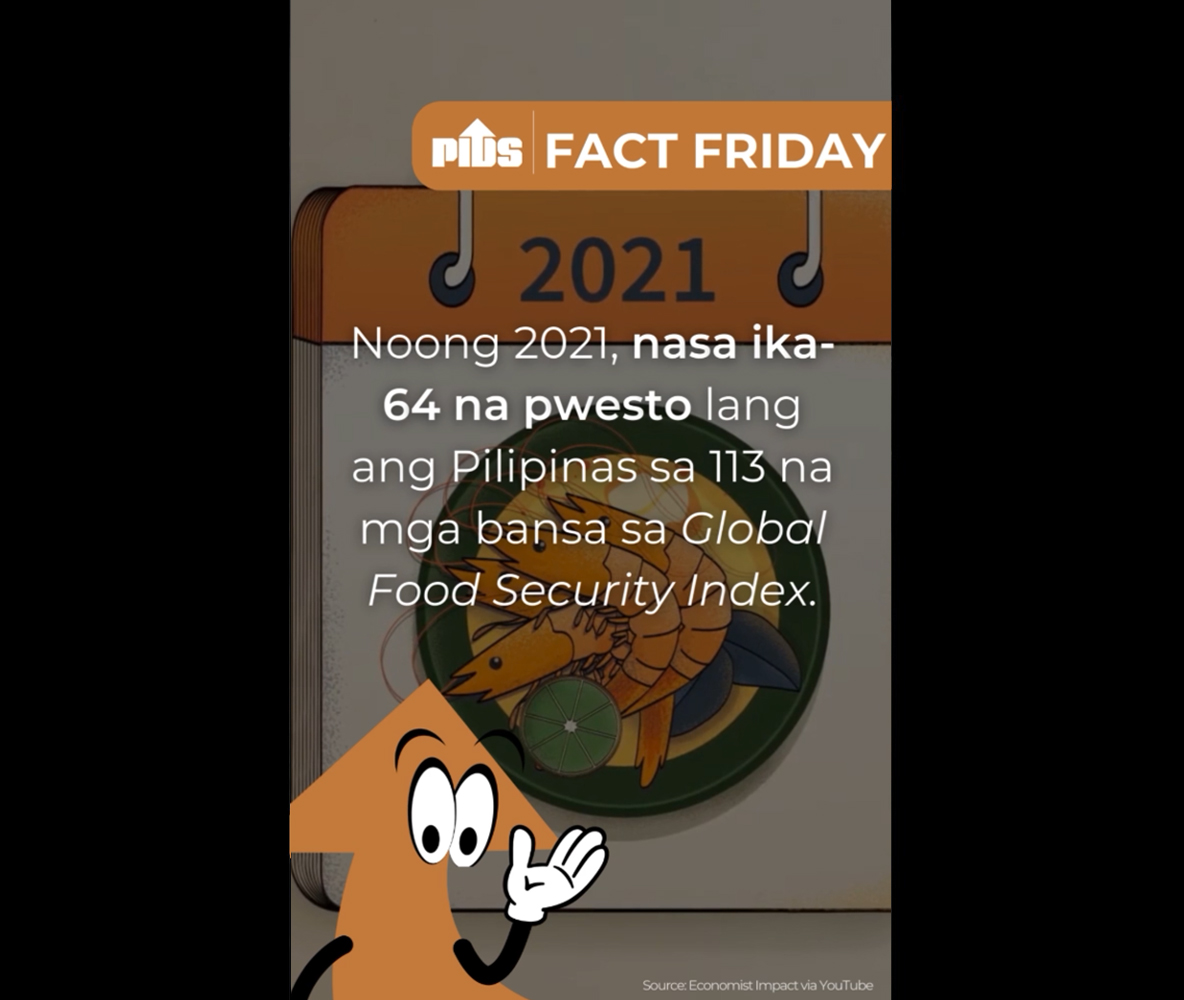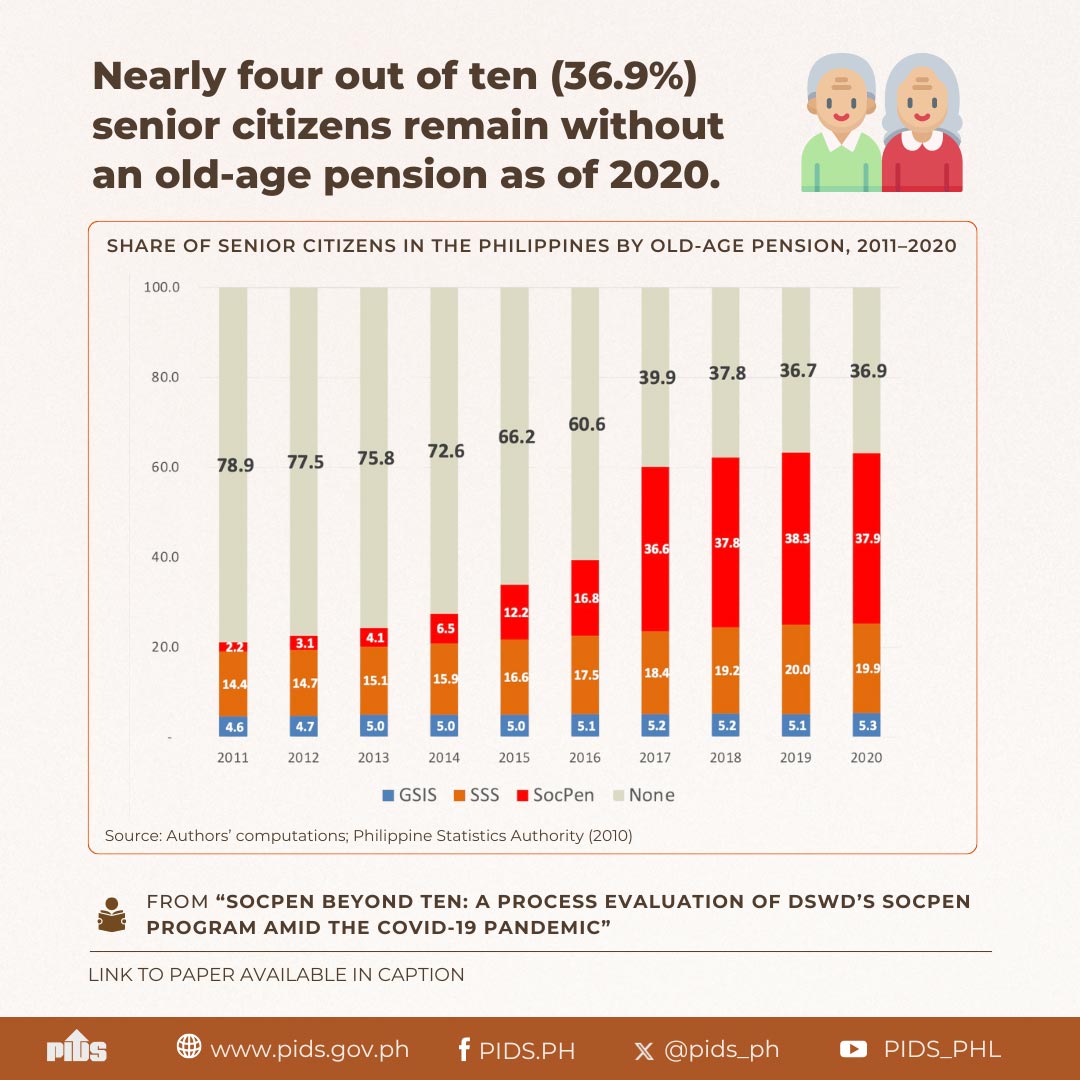MANILA — Though millions of Filipinos go hungry, the amount of food waste generated by the Philippines remains staggeringly high.
Some 2.9 million Filipinos experienced involuntary hunger in the second quarter of the year, according to a Social Weather Stations survey in September.
But environmental group World Wide Fund Philippines (WWF PH) and its partner, composting company GreenSpace, collect about a ton of food waste every week from 100 to 120 partner households and 20 to 25 partner businesses in Metro Manila alone.
The capital region generates around 2,000 tons or 2 million kilograms of food waste daily, according to 2017 data from the Philippine Institute of Development Studies.
"Based on our available sources coming from the study of the Department of Environment and Natural Resources (DENR), majority of our municipal solid waste are actually your biodegradable waste; around 52 percent. More than 80 percent of that would be food waste," WWF Soil Mate Project Manager Melody Melo-Rijk said.
According to the DENR, out of 17 Metro Manila local governments, only Marikina and Muntinlupa operate a system that diverts food waste back into the "circular economy", instead of ending up in landfills.
FOOD WASTE AND CLIMATE CHANGE
"Food in itself is one of the greatest contributors to climate change," Melo-Rijk told ABS-CBN News.
The entire food system has gaps that need to be addressed, from the production in farms, to transportation of goods, and distribution among sellers and markets, she said.
The mass food production and transportation of food contribute to greenhouse gasses through burned petrol for machines and vehicles, Melo-Rijk said. But wasted food has a more direct impact on heating the planet, she added.
"When it is lost and wasted and it ends up in landfills. 'Yung mga nabubulok, it produces methane gas, 'yun ang greenhouse gas na nagko-contribute sa global warming o sa paginit ng ating mundo, and in turn yun din ang nagko-contribute sa pabagu-bagong klima natin," Melo-Rijk said.
(Rotting food produces methane gas, greenhouse gas that contributes to global warming, which in turn causes climate change.)
The Philippines is one of the countries most vulnerable to extreme weather due to climate change.
Lack of awareness and a skewed perspective of excess in urban areas contribute greatly to food waste, Melo-Rijk said. When people do not realize the problem at hand, no consequences can be seen from wasting food, she said.
"So that feeling na marami, 'yun siguro ang nakikita nating mali in terms of consumption kaya nagsasayang ang tao ng pagkain, kasi iniisip nila marami. Hindi sila aware na ganito, na meron tayong problema sa environment," she explained.
(The misconception that there is a lot of food, that is what we see is wrong in terms of consumption. People waste food because they think it is abundant. They are not aware of our problems in the environment.)
FOOD WASTE TO COMPOST
A 2021 study by the United nations Environment Programme said Philippine households generate some 9.4 million tons of food waste, excluding those from restaurants, markets and groceries, canteens, and other commercial and business establishments which cater to large groups.
WWF PH partner GreenSpace used to collect food waste from restaurants and hotels, but shifted to households when the COVID-19 pandemic hit.
“Since lahat ng tao nasa bahay, so wala nang food waste sa mga commercial spaces, which proves na kung nasaan tayo andoon talaga ang food waste," GreenSpace Chief Soil Mate Rina Papio explained.
(Since everyone is at home, there is no food waste from commercial spaces, which proves that where we are is where food waste is.)
GreenSpace turns food waste into compost through the bokashi method, which uses bacteria to predigest and ferment waste matter and cuts composting time.
"Ang isa sa mga gusto natin magawa, is maparami pa yung mga kaya nating iproseso ona daily basis at mas marami pang maengganyo na magshift to a composting life. Sana maging parte na ng bahay at buhay yung pagco-compost," Papio said.
(One of our goals in to increase our processing capacity so that more will be encouraged to shift to a composting life. We hope that composting will be a regular part of households and lives.)
THE CIRCULAR ECONOMY
In Marikina, the City Environment Management Office (CEMO) is scaling up composting.
While it collects only from commercial establishments, the local government gathers around 1 ton or 1,000 kilograms of food waste per day.
Since it began its Food Waste Management program in November 2014, the amount of food waste has gone steadily higher every year, save for a brief blip in 2020 during the pandemic when quarantines closed down many businesses.
"Per customer hindi naman po usually marami ang natitira [na pagkain, pero] 'pag pinagsama-sama sa whole day operation, doon dumarami talaga," Judith Angulo, Manager of Comedor by Miguel and Maria told ABS-CBN News.
(Per customer, not a lot of food is wasted. But it amounts to a lot when combined together after a whole day of operation.)
The restaurant is one of the establishments along the Gil Fernando food strip near the Marikina CEMO which benefits from the city's Food Waste Management System.
Restaurants in the area know to expect the small Food Waste Truck every morning to collect buckets of food waste from their back doors.
The waste is then processed in 2 machines: a rotary machine where it is combined with saw dust and enzyme, and a bioreactor where saw dust and animal manure are added.
Both machines produce compost, which is cooled and cured for 3 weeks, before being packaged in recycled sacks made of election campaign tarpaulins.
The compost is sold for P15 per kilo to farms or given for free to Marikina residents.
"May mga request din ang mga homeowners association at community associations, libre namin binibigay kasi sa Marikina pinopromote namin ang urban farming, para at home pa lang na-a-address na ang food security; may sarili silang tanim ng gulay," Acting CEMO Officer Oliver Villamena explained.
(Homeowners associations and community associations also put in requests, we give it to them for free because we promote urban farming in Marikina so that starting at the home, food security is already addressed.)
The city's Food Waste Management system began as food waste collection for hog feed.
"Naisip namin, i-level up the process at 'yung paraan, gumawa tayo ng truck talaga na mangongolekta para dito," Marikina Mayor Marcy Teodoro said.
(We thought of leveling up the process and deploying a truck for waste collection.)
Apart from brochures and social media posts for information dissemination, years of implementation ingrained the system to the city's constituents.
"Ang pinakamagandang paraan ay 'yung meron tayong food waste truck na nakikita nila na aktwal na nangongolekta at may specific na schedule o araw na nangongolekta para yung tao alam kung kailan iipunin ang food waste nila, at paano itu-turn over. Higit sa lahat 'yung mga nangongolekta mismo pinapaliwanag mismo sa mga taong nakakausap nila," Teodoro said.
(The best way is for them to see a food waste truck that goes on actual collection with a specific schedule so that people would know when to gather their food waste and how to turn it over. Collectors also talk to residents.)
"It has to be sustainable, in the sense that we have the proper infrastructure, we have knowledgeable personnel na gagawa ng mga bagay na ito," Teodoro added.
Food waste in Marikina is collected separately from non-biodegradable and biodegradable garbage.
But Teodoro admits some system limitations, including limited capacity for waste collection.
Marikina produces some 350,000 kilos of biodegradable and non-biodegradable garbage daily, of which 65,000 kilos or 15.45 percent is household kitchen waste.
"Sayang, 'yung biodegradable in-e-encourage natin na 'yung iba kainin ng alagang hayop, 'yung iba dinidispose na lang properly na may segregation, dahil 'yung capacity natin hindi pa ganun kalaki," he said.
(We encourage that some of the biodegradable waste be used as animal feed, but some are just disposed because our capacity is not yet that great.)
FOOD DEFICIT
While composting is one way to divert food waste back into the circular economy, it should be addressed at the source, Melo-Raijk said.
WWF PH reported that the world is now operating at a "food deficit." The world is consuming resources equivalent to 1.7 planets.
"We are using up our resources at a maximum capacity... meaning we are already borrowing coming from future generations, 'yung para sa kanila, hinihiram na natin yun," Melo-Rijk said.
(We are using what is meant for them.)
She said the basic strategy in any waste-management program is prevention: Buy only what is needed and what can be consumed, and prepare or cook only what can be eaten.
WWF PH also promotes buying "ugly produce," or fruit and vegetables that do not meet cosmetic standards but are otherwise good to eat.
Food surplus should be donated instead of left to rot, to address food security for the underprivileged.
When food waste is unavoidable, composting can help create community farms which can also help provide for those who cannot afford food, GreenSpace's Papio added.
"Kailangan atin maging mindful talaga, gusto natin maiba ang pagtingin natin sa food waste. Sa umpisa pa lang i-segragate natin nang maayos, makagawa ng compost, makapagtanim ng pagkain, so yung itinanim natin sa food waste na naging compost, 'yun ang pwedeng ipakain o makain ng mga tao," Papio explained.
(We need to mindful, we want to change our perspective on food waste. From the start, let us segregate properly, so we could produce compost, plant food, and feed people.)
"We want to have a call to action for the public and private entities... prioritize the issue on biodegradable waste. Kasi malaking problema sa Pilipinas ang basura. Hindi naman tayo lahat forever na lang magtatapon nang magtatapon sa landfills, we have to manage our waste and the pollution we create," Melo-Raijk said.
(Garbage is a big problem in the Philippines. We can't keep throwing in landfills forever.)

